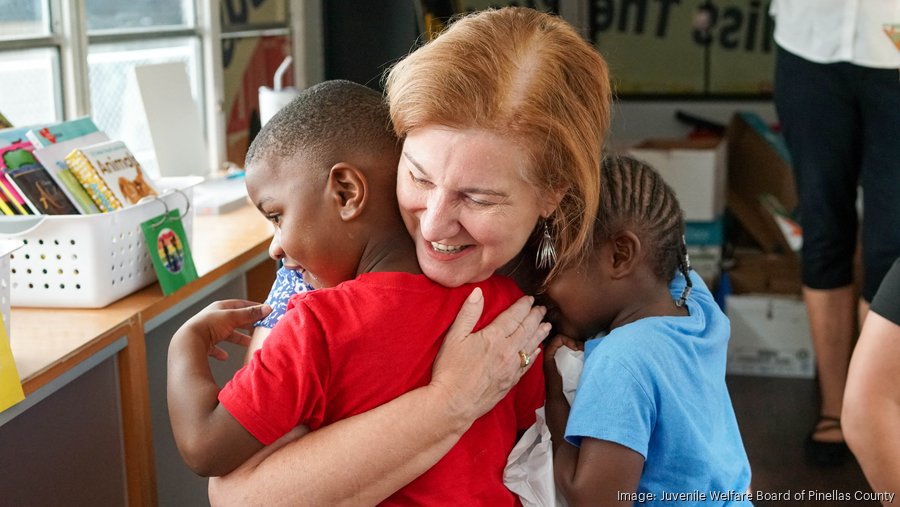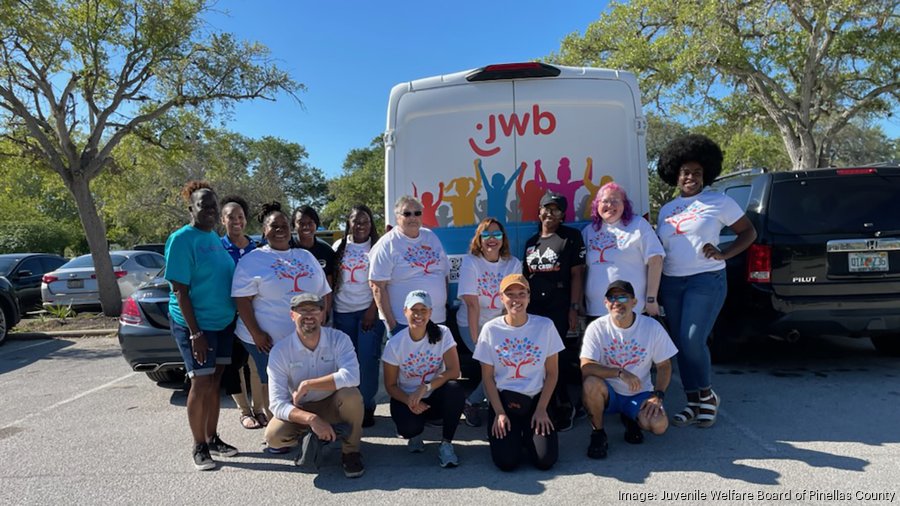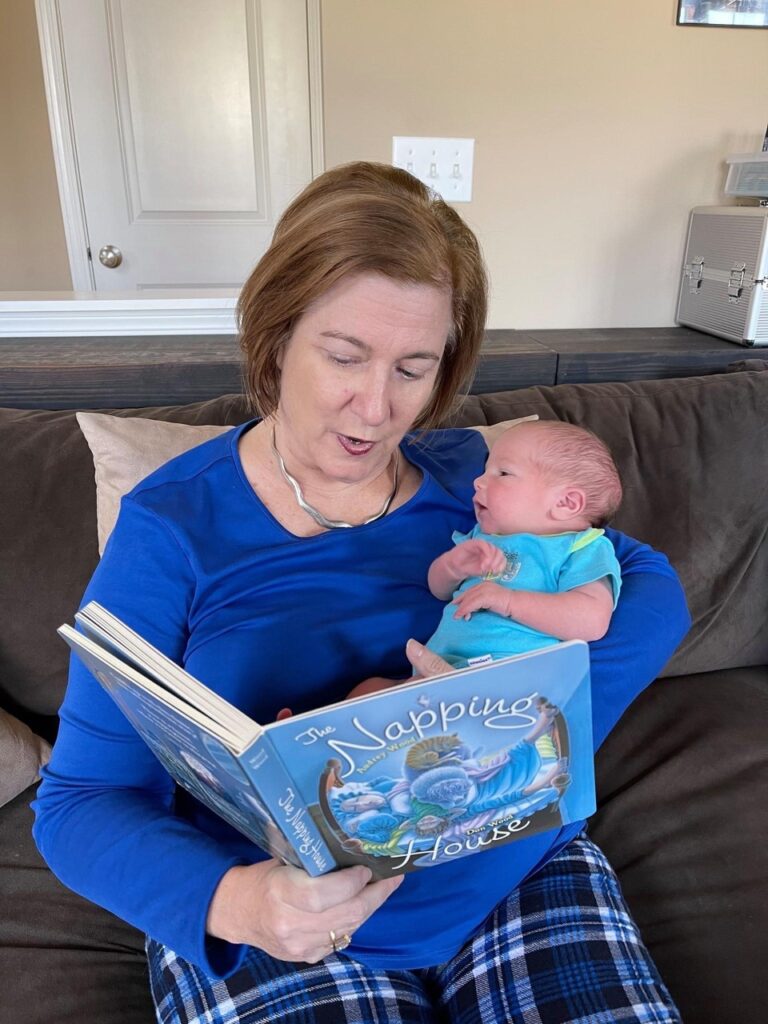Bob Dillinger, the longtime Pinellas-Pasco public defender who retired in 2020, died Sunday afternoon at 72.
Dillinger’s wife, Kay, told the Tampa Bay Times on Monday that he had fought leukemia for 17 years and, after six weeks in hospice care, died at home holding her hand.
It was his choice to stop chemotherapy treatment, Kay Dillinger said.
“He was my rock. He made me a better person,” she said. “He taught me how to think of others and to try to make a difference in life.”
Dillinger retired as the Sixth Judicial Circuit’s public defender at the end of his sixth term in office, ending a 40-year legal career.
In his 24 years as public defender, Dillinger defended those who couldn’t afford a private defense attorney. He also expanded the office to address root causes of crime including mental illness, homelessness and childhood trauma through efforts such as a first-of-its kind diversion program for mentally ill inmates where the majority of patients chosen are homeless.
“His passion was helping children that were underprivileged and to try to keep them out of the criminal justice system to give them hope for a better future,” Kay Dillinger said. She added, “He was very passionate about second chances.”
She and Dillinger have also helped thousands of local needy children through the Beth Dillinger Foundation, a charity named after their daughter, who died by suicide in 2006.
Sara Mollo, Pinellas-Pasco’s public defender who succeeded Dillinger, informed the office of his death Monday.
“We extend our deepest sympathies to his family and loved ones during this difficult time,” Mollo wrote in a memo to staff shared with the Times. “Let us remember Mr. Dillinger for his dedication, kindness, and the positive impact he had on our clients and office.”
Motivated by children
Dillinger was born and raised in Daytona Beach. He studied environmental sciences at Columbia University in New York, then got his law degree from Stetson University in 1976 and landed a job in the Pinellas-Pasco public defender’s office.
Shortly after, Dillinger helped publish Florida’s first death penalty training manual for defense attorneys.
In 1981, Dillinger left the office to work in private practice. He had long considered a run for public defender. In 1996, he beat the 35-year incumbent, his former boss and fellow Republican Robert Jagger, in the primary.
“I’ll never forget when he really decided that he wanted to run for public defender,” Kay Dillinger said. “He said, ‘I’m tired of going to court and looking at children that have dead eyes because they have no hope. And I want to change that.’ And he did.”
On his first day on the job, Dillinger said he had his office door taken off the hinges as a commitment to his open-door policy.
Pinellas Sheriff Bob Gualtieri has known Dillinger since early in their respective careers, when Gualtieri was a detective making drug arrests and Dillinger was a private defense attorney representing some of those defendants.
”The public defender’s office under him became more than just representing people who were charged with a crime,” Gualtieri said. “It was really trying to help people and prevent them from committing crime through his mental health initiatives and trying to get people on their feet and reduce recidivism through all the services that he provided. I don’t know of any public defender in the state that took it to the level that Bob Dillinger took it to.”
Gualtieri also pointed to Dillinger’s leadership on the Juvenile Welfare Board and his advocacy for Safe Harbor, the shelter and service center for people experiencing homelessness that opened near Largo in 2011.
”He had a huge heart and cared about people and always tried to do the right thing for others,” Gualtieri said. “He was a giant in that regard.”
Dillinger saw a link between dependency cases, a civil action that occurs when a child is suspected to be a victim of abuse or neglect, and delinquency cases, in which a child faces criminal charges. So Dillinger created what he told the Times in 2020 was one of the programs he’s most proud of: Crossover for Children, which pairs a child with the same public defender for both cases. He said the program gives children legal help and a consistent advocate in lives often marked by uncertainty and trauma.
To honor the service of Dillinger and former Pinellas-Pasco State Attorney Bernie McCabe, who died in 2021, the Juvenile Welfare Board created the Dillinger-McCabe Putting Children First Leadership Award. It’s presented annually to “a well-established leader and champion for Pinellas County children and families,” according to the organization’s website.
Linda Allan, a retired circuit court judge who worked closely with Dillinger for many years, said she enjoyed watching him and McCabe work together.
“They were on opposite sides, but were very good friends in spite of that,” she said. “I think that their friendship really served justice in Pinellas County.”
One thing she respected most about Dillinger was how he treated every case with the same fairness and persistence.
“He wasn’t necessarily trying to take the biggest, most important cases — which he did do — but a person who was poor, who had a small case, but still couldn’t pay, meant just as much to him,” she said.
One of Dillinger’s most high-profile courtroom victories was the exoneration of Dale Morris Jr., whom the Pasco County Sheriff’s Office accused of the 1997 rape and murder of his 9-year-old neighbor, Sharra Ferger. Dillinger, convinced of Morris’ innocence, threw his office’s resources at Morris’ defense.
The state’s case hung on a bite mark on the child’s shoulder: The sheriff’s dental expert said it matched Morris’ imprints. Defense experts came to the opposite conclusion. A few weeks before Morris’ 1998 trial was set to start, crime labs determined that hair found on the girl’s body matched another man, not Morris.
The court document dismissing Morris’ case was framed in Dillinger’s office with this brass engraving: “These actions are the direct result of total dedication by an entire office.”
Shortly before his retirement four years ago, Dillinger told the Times he looked forward to spending time at his house on the Withlacoochee River, fishing for large-mouth bass and continuing to work alongside his wife at their foundation.
Among the foundation’s programs are a scholarship endowment for boys and girls who wish to continue their education but lack financial means and its Nourish to Flourish program, which has provided more than 400,000 meals to chronically hungry kids, according to Kay Dillinger.
The foundation’s first program was Beth’s Closet at the Pace Center for Girls in Pinellas Park, a nonprofit that provides programs for at-risk girls ages 12 to 18. Pace girls get clothing, shoes, purses, jewelry, and other items from the closet. The next year, the Dillingers added the Hope Chest closets to the public defender’s office locations to provide clothes and other essentials for abused, neglected, or abandoned youth.
“I thought if we fed, clothed and educated the children, we would run the spectrum,” Bob Dillinger told the Times in 2013.
A yearslong cancer fight
Dillinger was diagnosed with leukemia in 2007. By the time he retired in 2020, he was on his ninth round of chemotherapy. He told the Times then that he felt fine but the cancer had wracked his immune system, making his last year in office particularly challenging amid a pandemic.
Pinellas-Pasco State Attorney Bruce Bartlett described Dillinger on Monday as a fighter and said he battled his illness until the end.
“You hang on as long as you can and after a while you just can’t do it,” Bartlett said. “He just decided it was time to go.”
The two remained close after Dillinger’s retirement and spoke often. Bartlett last saw Dillinger in August for dinner and said he was in good spirits.
“In spite of his health issues, he always had his head up and never complained and just didn’t really show it,” Bartlett said.
Just before he retired, the public defender’s office was awarded federal funding for a mobile medical bus that patrolled homeless communities of Pasco County and provided free health care, dental care and vaccines for children, Bartlett said.
Dillinger oversaw the bus operations even after his retirement. He later asked Bartlett to take over.
“Quite frankly, I really wasn’t crazy about accepting the responsibility, but he was a pusher,” Bartlett said. “He’d be proud to know that that’s still going on.”
Bartlett said he plans to continue operating the bus, which is parked near the Pasco County courthouse, in Dillinger’s memory.
“A lot of people had no idea of all the things he did for the community and the people who couldn’t do it for themselves. He made a life of doing that,” Bartlett said. “We lost a good man, and I lost a good friend.”
Read the article as originally published at https://www.tampabay.com/news/breaking-news/2024/03/11/bob-dillinger-former-pinellas-pasco-public-defender-dies-72/




